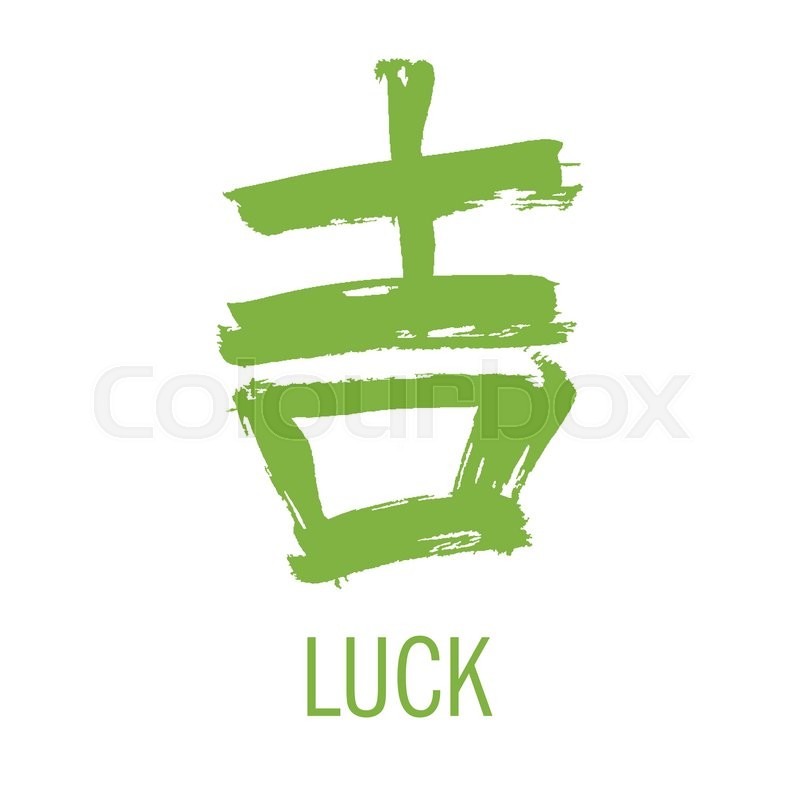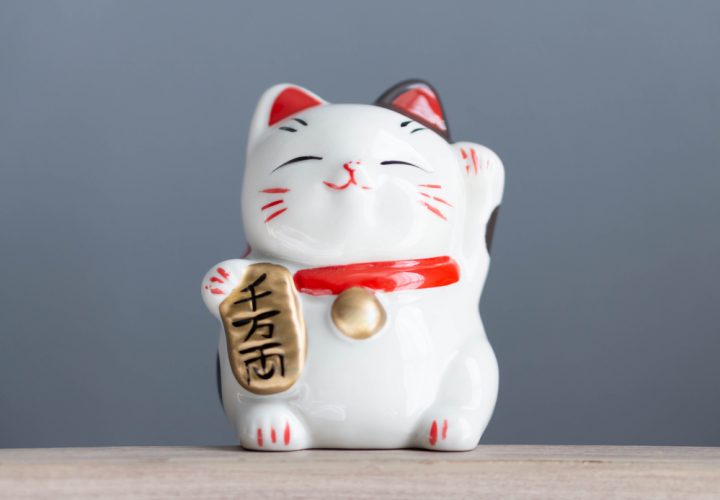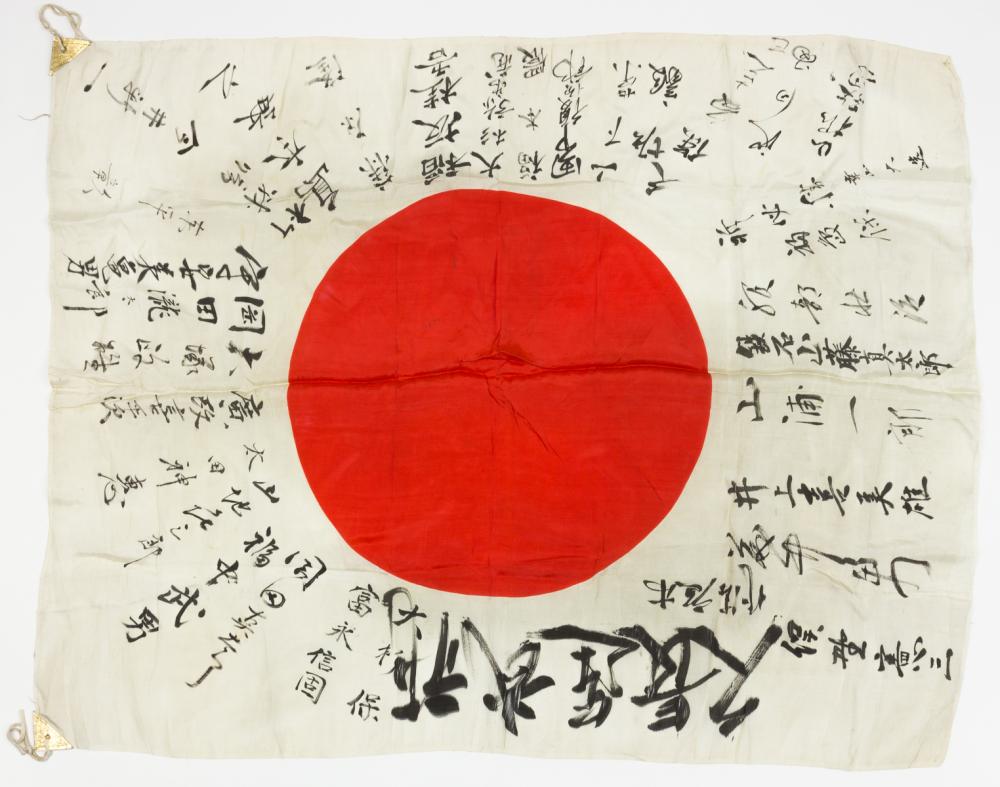“Good Luck” in Japanese – Ways to Wish Someone Success
In our ever-connected world, the desire to convey good luck and best wishes transcends borders and languages. When it comes to wishing someone success in Japanese, it’s not just about saying the words; it’s a reflection of the rich culture and tradition of this fascinating country. In this comprehensive guide, we’ll explore various ways to express “Good Luck” in Japanese, delving into the nuances, customs, and etiquette associated with these expressions.
The Importance of Wishing Good Luck

Wishing someone good luck is a universal gesture of kindness and support. In Japan, this sentiment is deeply ingrained in their society. Whether you’re sending your best wishes to a friend, colleague, or loved one, knowing how to do it in a culturally appropriate way can make a significant impact. The Japanese take their traditions seriously, and offering your wishes correctly can help build stronger relationships and show your respect for their culture.
1. がんばって (Ganbatte)

“がんばって” (Ganbatte) is one of the most commonly used expressions to wish someone good luck in Japanese. It can be translated to “do your best” or “hang in there.” This phrase is versatile and can be used in various situations, from encouraging a student before an exam to supporting a colleague before a big presentation.
2. 幸運を祈ります (Kouun o inorimasu)

For a more formal and heartfelt expression of good luck, you can say “幸運を祈ります” (Kouun o inorimasu), which means “I pray for your good fortune.” This phrase is suitable for important life events like weddings, job interviews, or when offering condolences.
3. 頑張ってください (Ganbatte kudasai)

“頑張ってください” (Ganbatte kudasai) is another variation of “do your best” but with added politeness. It’s a way to show extra encouragement and support for someone’s efforts. You can use this when cheering on a friend starting a new endeavor or when wishing success in a challenging task.
4. ご成功をお祈りしております (Goseikou o oinorishiteorimasu)

For a more formal and elaborate expression of good luck, you can use “ご成功をお祈りしております” (Goseikou o oinorishiteorimasu). This phrase conveys a deep level of respect and sincerity. It’s commonly used in business settings when you want to wish success to a colleague or partner.
Cultural Insights
Understanding the cultural context of these expressions is crucial. When offering good luck wishes in Japanese, it’s customary to do so with a bow, especially in formal situations. The depth of the bow can vary, with deeper bows reserved for more solemn occasions.
Additionally, it’s common to exchange small gifts or tokens of good luck, such as omamori (protective amulets) or maneki-neko (the beckoning cat figurine). These symbolic gifts add an extra layer of meaning to your well-wishes.
In Japanese culture, sincerity and thoughtfulness are highly valued, so taking the time to learn and use these expressions correctly can go a long way in showing your respect and consideration.
More Ways to Convey Good Luck
Beyond the spoken word, there are other meaningful ways to wish someone success in Japanese culture:
1. Gifting “Engimono” (Lucky Charms)
In Japan, there is a rich tradition of giving “engimono,” or lucky charms, to convey good fortune. These can include items like daruma dolls (symbolizing perseverance), ema plaques (prayer boards), or hamaya arrows (to ward off evil spirits). Presenting these gifts can be a thoughtful and culturally significant way to wish someone good luck.
2. Senbazuru (Thousand Origami Cranes)
Senbazuru is a well-known Japanese tradition involving the folding of a thousand origami cranes. It is believed that if you fold these cranes with dedication and patience, your wish will come true. Offering a beautifully crafted senbazuru to someone can be a powerful gesture of hope and good fortune.
Translating “Good Luck” in Japanese
If you’re looking to convey “Good Luck” in Japanese in a written form, you can use the following characters: 幸運 (kouun) or 頑張って (ganbatte). These characters can be used in various contexts, from greeting cards to messages of encouragement.
Conclusion
Wishing someone success in Japanese is more than just uttering words; it’s a reflection of respect, culture, and tradition. Whether you choose the casual and friendly “Ganbatte” or the formal and heartfelt “Kouun o inorimasu,” your well-wishes will be appreciated when expressed with sincerity and cultural sensitivity. Don’t forget to add a bow and perhaps a small gift for that extra touch of thoughtfulness.
As you navigate the rich tapestry of Japanese culture, remember that good luck wishes have the power to transcend language barriers and bring people closer together. So, the next time you want to wish someone success in Japanese, do it with grace, respect, and a deep understanding of the culture.
key words
- learn japanese in 90 days 2024
- japanese in use everyday
- japanese for to day
- how to say i love you in japanese

No Responses